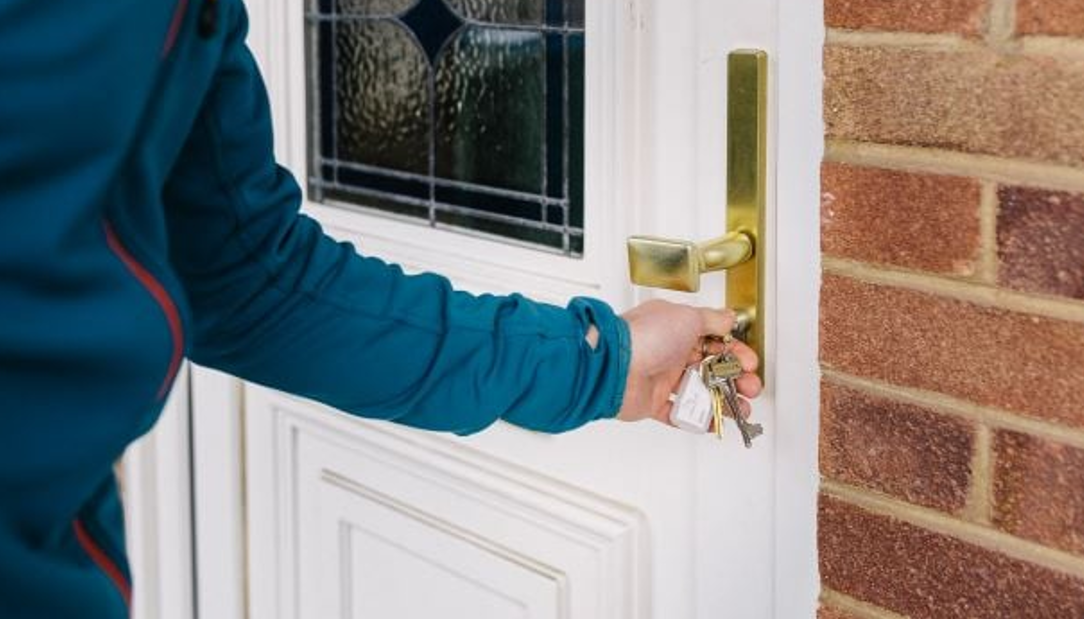Local innovation offers hope amid England’s homelessness crisis
England’s homelessness crisis has reached alarming proportions. Councils are reportedly resorting to paying millions in one-off incentives to private landlords to secure rental accommodation for families in need.
In 2024–25 alone, 37 councils spent more than £31 million on such payments, according to The Guardian.
Critics highlight systemic failures, not least the frozen Local Housing Allowance (LHA), which stands at £499.94 for a single room in a shared house when the average rent for that same room in Watford is £822 a month. That means the tenant has to top up using Universal Credit which is meant for food, clothing and other essentials.
It’s the same case for those in one-bedroom properties where the LHA is £997.40 a month while the average rent in Watford is £1,286.
Soaring rents and an acute shortage of affordable social housing exacerbate the problem and force councils into costly short‑term fixes.
While councils argue these incentives are sometimes the “least bad” option compared to hotels or B&Bs, campaigners warn the practice drains public funds and risks exploitation by unscrupulous landlords.
It seems children are disproportionately affected - projections suggest that by 2029, more than 200,000 children in England will be living in temporary accommodation, with national costs projected to rise 71% to £3.9 billion annually.
A beacon of support: HopeHomes in Watford
Against this bleak backdrop, recognising the importance of stable, supportive housing, New Hope runs HopeHomes - affordable rental accommodation specifically for people transitioning from homelessness into independent living.
These homes provide a vital bridge, offering affordable rent plus wraparound support, to smooth the move from crisis to stability. This model does more than just house individuals - it enables them to rebuild lives, regain confidence, and avoid the revolving cycle of temporary accommodation and council reliance.
Importantly, HopeHomes also help relieve pressure on local council resources, reducing the need for expensive landlord incentives. By offering a sustainable alternative, New Hope not only supports vulnerable residents but also protects public budgets - helping councils direct scarce funds to other essential services.
The wider impact
In the face of national policy gaps - like the LHA freeze and dwindling social housing stock - charitable innovators such as New Hope offer tangible and effective solutions. These homes reflect what many housing advocates argue for: long‑term, stable, and affordable housing models instead of stopgap band‑aid fixes.
While policy reform is urgently needed, local initiatives like New Hope’s demonstrate that solutions rooted in community care and practical support can make a real difference today. As councils continue to wrestle with financial strain and housing scarcity, charities providing paths of hope out of homelessness point the way to a more humane, sustainable future for those facing housing uncertainty.

